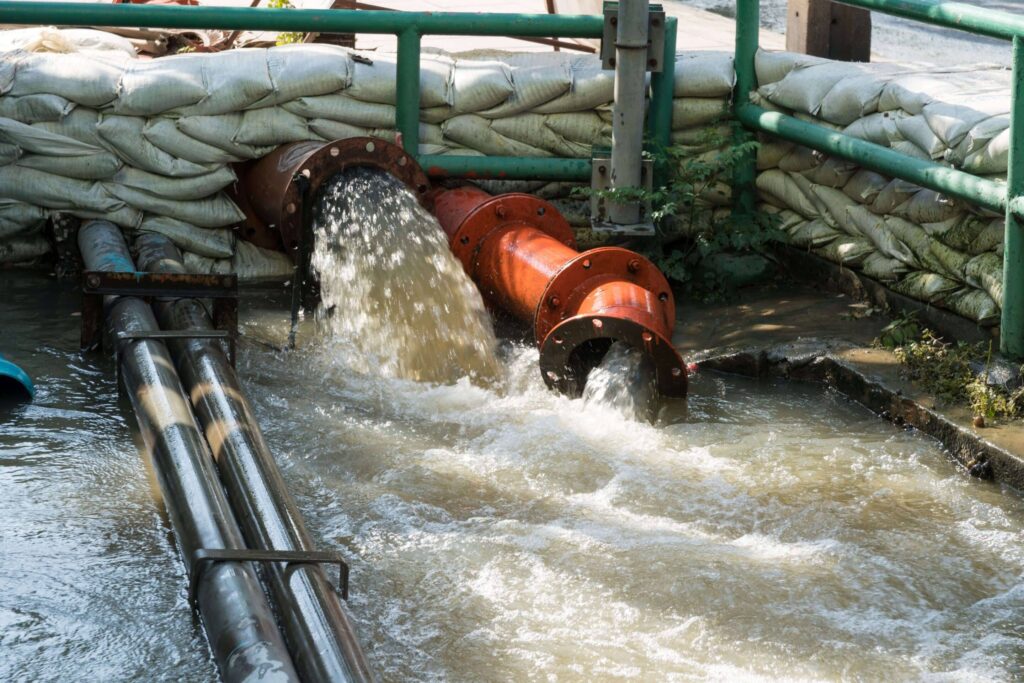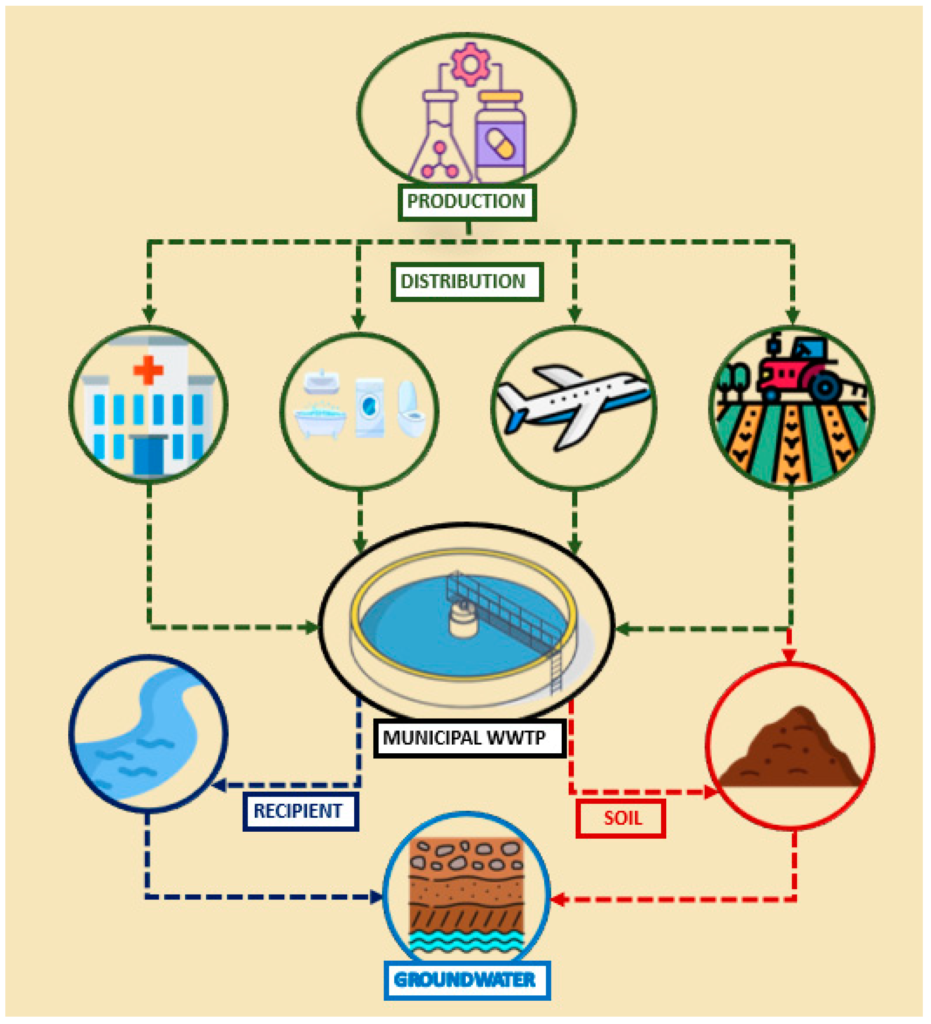Sustainable Wastewater Treatment Practices for Industries
With industries generating large volumes of wastewater, effective treatment is more critical than ever. Wastewater treatment not only reduces the environmental impact but also ensures compliance with local regulations and sustainability goals. For industries, adopting sustainable practices is not just about compliance; it’s also about contributing to the long-term health of the environment and the community.

Challenges in Wastewater Treatment
Industries produce various types of wastewater, each with its own set of challenges. Whether it’s from manufacturing processes, cooling systems, or sanitary waste, the water must be properly treated to remove harmful chemicals, biological agents, and particulates. The complexity of the water makes it important to tailor wastewater treatment solutions that effectively address the specific contaminants involved.
Sustainable Wastewater Treatment Solutions
Membrane Filtration Systems
Biological Treatment
- Chemical Dosing

The Benefits of Sustainable Wastewater Treatment
By adopting sustainable wastewater treatment practices, industries can significantly reduce their environmental footprint. Reusing treated wastewater within the same facility for non-potable purposes, such as cooling or cleaning, is a growing trend that reduces the overall water consumption. Additionally, the reduction in chemical usage and energy consumption lowers operational costs and boosts the company’s reputation as an environmentally responsible business.
Sustainable wastewater treatment is a vital component of modern industrial practices. By implementing advanced technologies and practices, industries can meet regulatory standards, reduce their environmental impact, and contribute to a more sustainable future. Whether it’s through filtration, biological treatment, or chemical dosing, the right solutions can make a significant difference.


